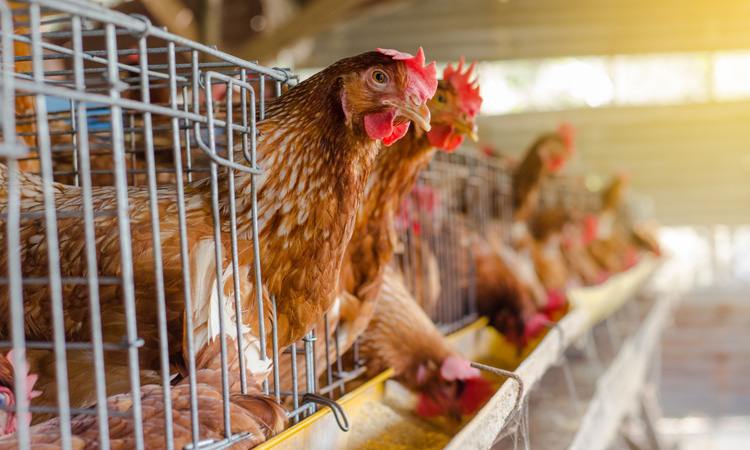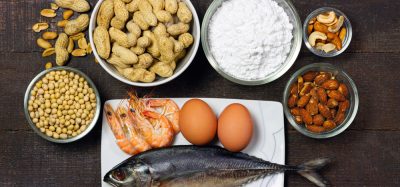Study examines Campylobacter resistance in chickens
- Like
- Digg
- Del
- Tumblr
- VKontakte
- Buffer
- Love This
- Odnoklassniki
- Meneame
- Blogger
- Amazon
- Yahoo Mail
- Gmail
- AOL
- Newsvine
- HackerNews
- Evernote
- MySpace
- Mail.ru
- Viadeo
- Line
- Comments
- Yummly
- SMS
- Viber
- Telegram
- Subscribe
- Skype
- Facebook Messenger
- Kakao
- LiveJournal
- Yammer
- Edgar
- Fintel
- Mix
- Instapaper
- Copy Link
Posted: 21 April 2020 | Sam Mehmet (New Food) | No comments yet
Receiving gut microbes from resistant chickens does not lessen chickens’ susceptibility to Campylobacter, the bacterium that causes food poisoning across the world, a study has shown.


Transplanting gut microbes from chickens that are relatively resistant to Campylobacter bacteria into chickens that are susceptible does not improve resistance, a study has suggested.
Campylobacter is one of the leading causes of food poisoning in people and is commonly found in chickens. Campylobacter infections can result in diarrhoea and severe complications in some cases, with up to 80 percent of cases caused by consumers handling and eating contaminated chicken meat. Each year, it is estimated that more than half a million people in the UK are infected with Campylobacter and the disease costs the country approximately £50 million.
Surveys have shown that a high proportion of fresh retail chicken is contaminated with Campylobacter and strategies are needed to tackle this issue, the researchers of the study stressed.
The researchers, from the Roslin Institute at the University of Edinburgh, said that the findings were unexpected, contradicting previous studies in mice.
To determine the types and numbers of microbes present, the researchers analysed the genetic makeup of gut microbiota from chicken lines with different resistance to the bacteria.
Transplanted gut bacteria only survived in the susceptible chickens for a limited time and those chickens became even more susceptible to Campylobacter, the scientists were surprised to find.
The scientists made use of the unique poultry lines held by the National Avian Research Facility at the Roslin Institute.
“Given the results of previous studies in mice, we thought that inherited differences in resistance to gut pathogens might be transferable by transplanting gut microbiota from chickens that are resistant to chickens that are susceptible,” said Dr Cosmin Chintoan-Uta, study co-lead, the Roslin Institute.
“We were surprised to find that while heritable differences in resistance of chickens to Campylobacter exist, these are not explained by significant variation in the gut microbiota,” added Trong Wisedchanwet, study co-lead, the Roslin Institute.
The results of the study, funded by the Biotechnology and Biological Sciences Research Council and the Scottish Government via the Rural and Environmental Science and Analytical Services programme of research, are published in the journal Applied and Environmental Microbiology.
Related topics
Food Safety, Health & Nutrition, Pathogens, Research & development








